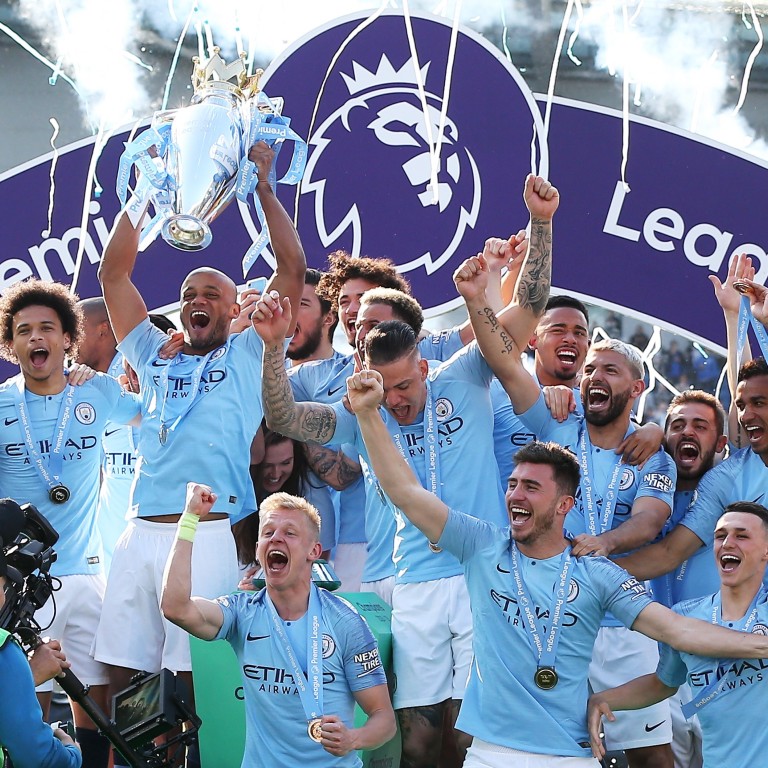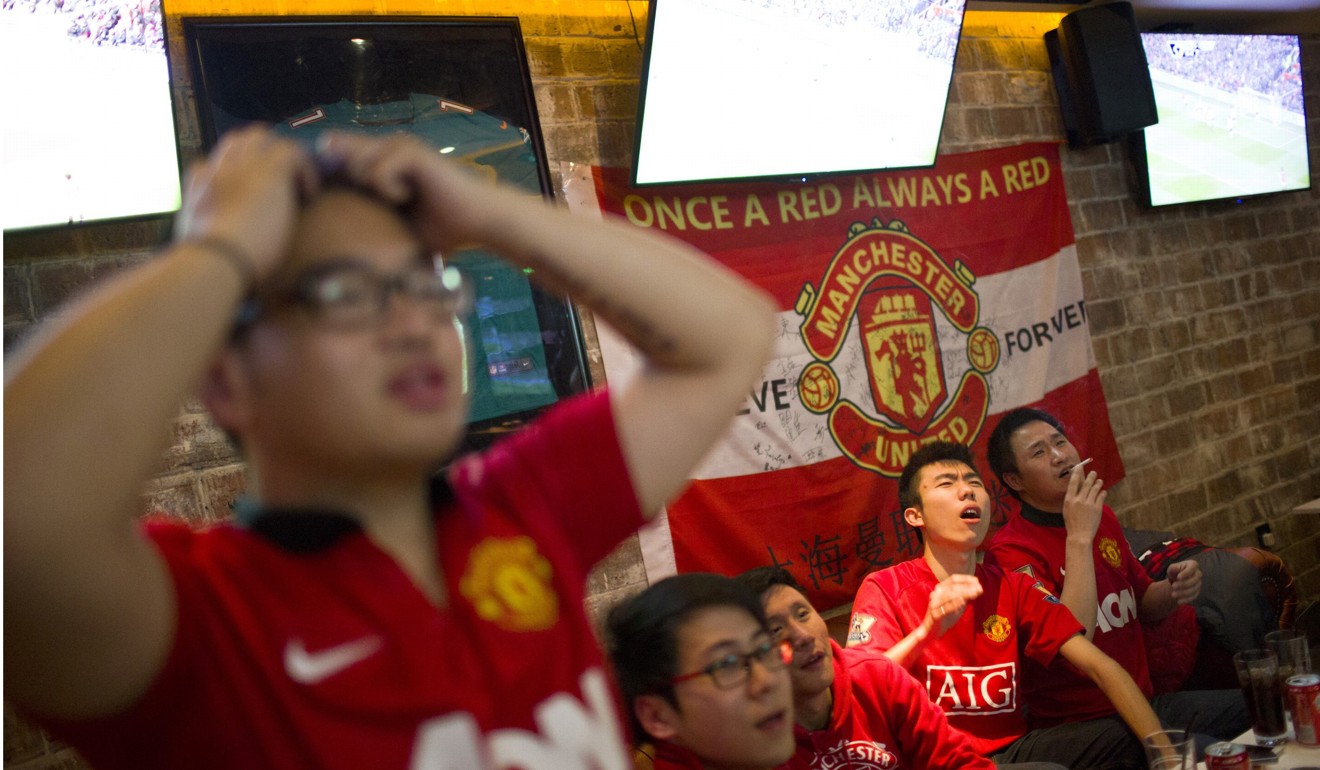
English Premier League: is Manchester City and Liverpool’s new bar going to end global dominance?
- Record viewing figures this season, helped in part by the title race going to the final day
- Continued success of English top-flight clubs has coincided with falling crowd numbers in domestic leagues around the world
“We always hope the race for the title continues right up until the final day,” said Richard Masters, interim chief executive of the English Premier League ahead of last week’s final game, “and Liverpool and Manchester City have delivered on that – in some style”.
That final day of the season, which could have seen Manchester City or Liverpool crowned champions and for 83 seconds seemed to have the title on the way to Anfield, was watched by millions worldwide.
In the US, broadcaster NBC and ratings firm Nielsen said that 2.2 million tuned in to watch what they called “Championship Sunday”. That was the highest number of viewers for a Premier League final day and 19 per cent up on the previous season.
The US is not an exception. As per the Premier League, viewer numbers are up at home and abroad with several countries seeing their largest ever audience for a single game. In India, it was for Liverpool taking on Manchester United, South Korea saw a record number tune in to watch Son Heung-min’s Spurs side play Wolves and Norway hit a high for Ole Gunnar Solskjaer’s first game in charge at Old Trafford, against Huddersfield Town.

With 80 broadcasters screening games in 212 countries to an average global audience of 12 million for each of the 380 games per season it’s fair to say that the Premier League is the world’s league. In fact, despite the numbers being up for TV viewers and the majority of the broadcast money coming from the UK rather than overseas, a much larger number of people watch outside of England. This doesn’t even take into account those watching illegally.
It’s not just the football drawing everyone in. There’s a reason that so many Premier League clubs are sponsored by betting companies, many of whom are not even aimed at the UK market, and Fantasy Premier League adding more interest. Aside from those shirt sponsors, ever more owners are from overseas and this is outside of the regional partnerships that clubs are favouring.
You’ll see more Premier League shirts being worn on the streets on any day than you will see people watching Hong Kong football at the stadium
“The English Premier League has every right to call itself the most popular football league in the world,” wrote James P Curley and Oliver Roeder in their article “English Soccer’s Mysterious Worldwide Popularity” published by the American Sociological Association’s quarterly journal Contexts.
The fact that it is even mentioned in American academia makes it hard to deny and that is despite unwelcome kick-off times for most of those watching, with fans having to get up early or stay up late to follow their team.

That is part of the reason that the Premier League is bad for local football and it’s success over the last 27 years has undoubtedly come at the expense of other countries. Take Hong Kong and Singapore where thousands used to watch the domestic game but crowd numbers have dwindled. You’ll see more Premier League shirts being worn on the streets on any day than you will see people watching local football at the stadium.
Even the other European leagues wonder how they can compete. While the Premier League has long dropped the idea of a 39th game played overseas, the likes of Spain’s La Liga are exploring it and a game in the US nearly came to pass last season. France’s Ligue 1 and Italy’s Serie A already play their super cups overseas with the French curtain-raiser set for China.
If leagues with the best players in the world – better even than the Premier League – are struggling to keep pace with the English juggernaut, what hope do smaller local leagues have?

There is perhaps a glimmer of light and it comes down to last week’s final day of the season. As former Manchester United and Chelsea manager Jose Mourinho once acknowledged, English football’s popularity might be in part down to its perceived unpredictability – the notion that anyone can beat anyone.
“To go to matches knowing that you are going to win for sure is not the best thing. In Spain everybody knows that two teams are top of the world. But after that there is a huge competitive difference and that’s why the record is 100 points, 126 goals.
“In England, 100 points and 126 goals is impossible. If someone reaches 100 points and scores 126 goals, it’s not the best competition for sure, they can be the best team, but not the best competition.”
That’s changed. Manchester City hit 100 points two seasons ago and needed 98 to win it this time with Liverpool a point behind.
If such a high bar is the new normal, then it is set to become as boring as the rest of Europe and that can only be good for the local game in those 212 territories.

